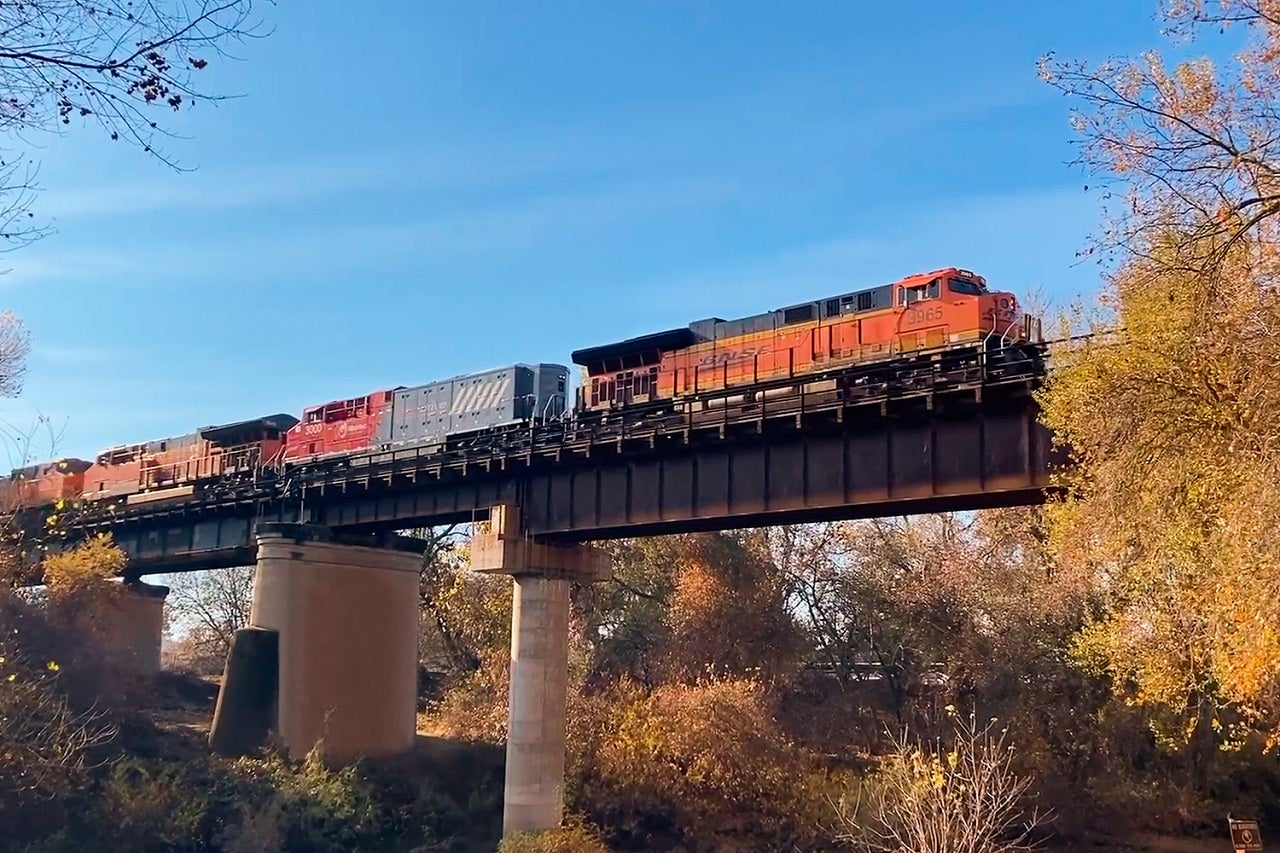
BNSF Railway Company (BNSF) and Wabtec have commenced the testing of battery-electric locomotives in revenue service between Stockton and Barstow, California, US.
The pilot test is being conducted until the end of March.
In partnership with Wabtec, BNSF worked on the development of the battery-electric locomotive and will expand testing to other places and operating conditions on its system once the pilot is successful.
With the improved battery solution, the locomotive is expected to help BNSF in reducing its environmental impact and will also improve the fuel economy by at least 10% for the whole consist.
BNSF environmental vice-president John Lovenburg said: “We’ve got everything in place and we’re ready to see how this next-generation locomotive performs in revenue service. BNSF is focused on continuing to reduce our environmental impact, and we’re committed to doing our part to test and assess the commercial viability of emerging technologies that reduce emissions.”
The battery-powered locomotive will be positioned between two Tier 4 trains, building a battery-electric hybrid consist.
Both the diesel and battery-electric locomotives will power the train while running on the mainline.
The new train is equipped with a complete energy-management system, including onboard energy storage that will enhance consist and performance of the train, when combined with advanced system-optimisation controls.
Wabtec engineering vice president Alan Hamilton said: “The FLXdrive is the world’s first 100% heavy-haul battery-electric locomotive that optimises the total energy utilization of the entire locomotive consist.
“This technology works in a manner very similar to how electric vehicles use regenerative braking. It’s a significant step forward for the rail industry and will change the course for even cleaner, more energy-efficient transport.”
This initiative forms part of the $22.6m grant given by California Air Resource Board to BNSF and the San Joaquin Valley Air Pollution Control District.
BNSF’s other initiatives in sustainable technologies include idle control, electric wide-span cranes, automated gates at its intermodal facilities, Tier 4 locomotives and battery-electric hostlers.


